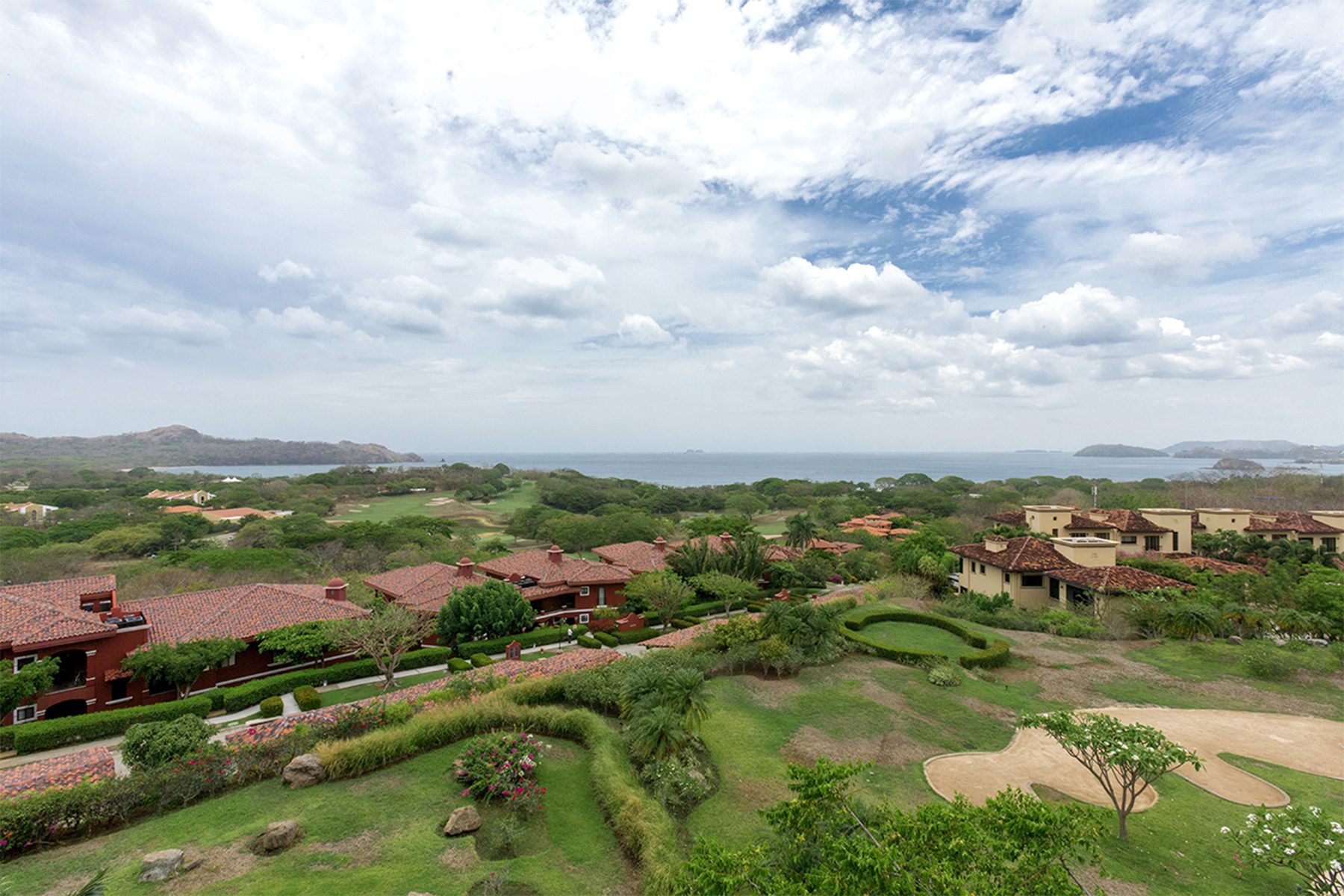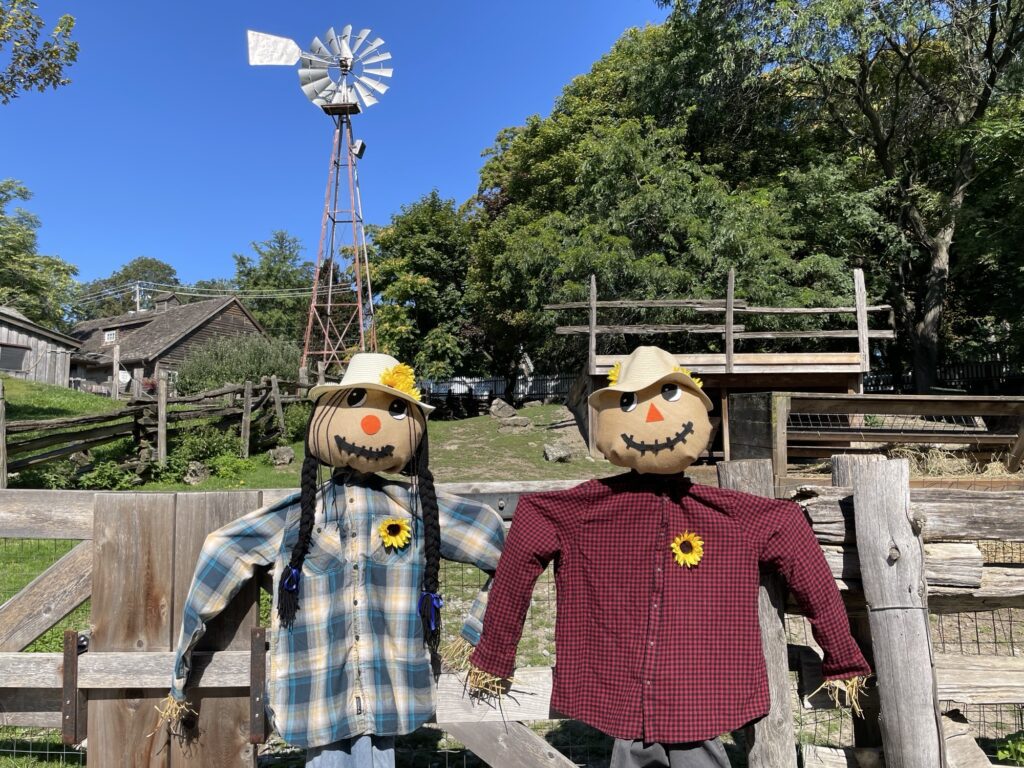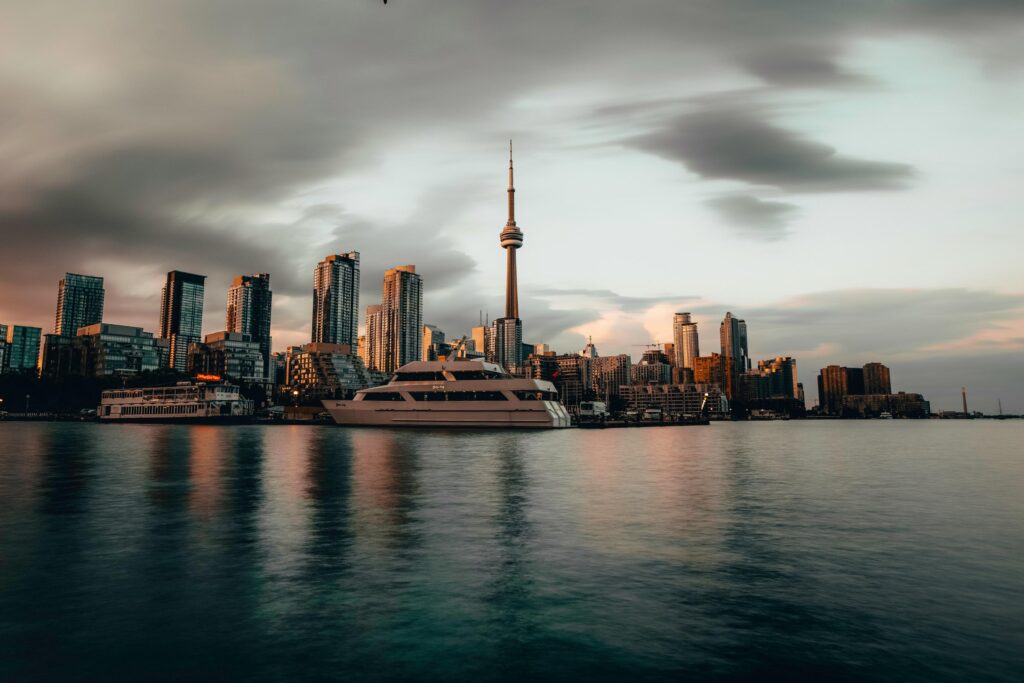It’s April. Yet, we’re still anticipating another snow storm to hit Toronto. The winter jackets just aren’t ready to hit the storage but many Canadians were (mentally) done with winter weeks or months ago.
The thoughts of nightmare snowstorms drive us to board airplanes to the warmer climates of Central America. Costa Rica is one of the spots that are top of mind for those sick of the freezing outdoors and, with enticing real estate prices and a recent decade of development, some Canadians are permanently leaving the wintery north for a home in Costa Rica.
While uprooting yourself and your family to move to a country in Central America may seem like an outlandish idea, buying property in Costa Rica, whether as a home or as an investment, is becoming a more common trend among North Americans, says Gabriel Araya, a property specialist at Costa Rica Sotheby’s Realty.
Costa Rica has no army, low taxes, amazing weather, and a lot of flora and fauna. The country is also foreign friendly from a variety of perspectives and a short flight from the US and Canada.
The Process
Foreigners can purchase property in Costa Rica the same way locals do. The first step is to find an agent to draft an offer and negotiate the pricing and terms. When the buyer and seller reach an agreement, there is typically a 10% deposit. A government-registered escrow account should hold the deposit. And final closing typically occurs 30-60 days after both parties agree on terms and pricing.

This condo at Reserva Conchal is for sale at $1,100,000.
Types of Property
There are some restrictions on where individuals can purchase property. Maritime land zones are one of said restrictions and consists of the first 200 metres from the average high-tide line. The first 50-metre belt is completely off limits to ownership of any kind, while the subsequent 150 metres are subject to concession rights. The respective Costa Rican municipalities are in charge of granting such concessions as well as receiving payment for them. Concession properties are usually loaned out on 20-year leases and come with a plethora of building restrictions.
On top of that, there are also rules that bar foreign entities from owning more than 50% of any corporation with Maritime-zone land in its portfolio. Hence, those looking for a beach-front property will have a bit of trouble finding a permeant home facing the water.

Golf Course
As a foreigner, you can purchase titled property, which is the most common type of property to buy in Costa Rica. Titled property is property where information about it is accessible through the public registry of its respective municipality.
Foreigners commonly purchase these properties as a corporation, due to the various corporate benefits, as opposed to purchasing as an individual. Corporations have several tax advantages on rental income and capital gains and, upon sale, a corporate status can lower transfer taxes by simply passing over the corporation instead of the estate. Lastly, in the event that the estate owner passes away, a lawyer can distribute shares of the corporation to the beneficiaries instead of distributing parts of the estate.

This Spanish-Colonial style condominium at Reserva Conchal is for sale at $369,000.
Costs
Property prices vary, says Araya:
Prices depend on the buyer’s objective and the property’s locations. Variations are high, from the range of $100,000 to $1M is all fair game. [However], prices are the same for anyone, regardless of where they are from.
Therefore, unlike many places in Canada, buyers are not subject to foreign buyer taxes.
Buying property in Costa Rica comes with a variety of fees:
- Title transfers can cost between 3-4.5% of the property value and is split between buyer and seller.
- Fees include a 1.25% notary fee, 1.5% or 2.5% for government stamps (1.5% if it’s transfer of corporation shares and 2.5% if it’s transfer of property), and 0.25% for escrow fees, as well.

This condo in Santa Cruz is for sale at $640,000.
Costa Rica has a relatively low property tax of 0.25% of the public registry’s record of the property value. For more expensive properties, there is also an additional “luxury tax” which can range from 0.10-0.25%.
Things to be cautious of
While property investments in Costa Rica tend to be safe (Costa Rica is the longest standing and stable democracy in Central America), there are a few things to watch out for. Costa Rica has an unregulated real estate market, warns Araya:
The rest estate market is not regulated—there is no way to compare pricing or to have full transparency of what is available on the market. Proper due diligence is a must in order to not be a ‘sucker’.”
There are also no official criteria to meet for individuals to become a real estate agent; however, you can inquire whether an agent belongs to a national association, such the NAR (National Association of Realtors), CCBR (Costa Rican Real Estate Association), or CRGAR (Costa Rican Guanacaste Association of Real Estate), to make sure that they’re legitimate.

Bedroom Ocean Views at Santa Cruz
After your deal closes, work with your lawyer to make sure that the property is registered under your name/corporation and that you keep documentation in a safe place. Araya advises to
make sure to get a reputable attorney, as well. Do not attempt to cut corners and do not overestimate how much you know.
After the deal closes, squatters can be another concern due to Costa Rican laws that allow a person to acquire rights to a property if the property owner allows a person to use or maintain the estate for more than a certain timeframe.

Beach at Reserva Conchal
The property owner should evict any squatters within the first three months or else the squatter may not be evicted at all, and if there is no action within the year, the squatter can demand compensation for any improvements to the land. To avoid squatter problems, hire a property caretaker to inform you if a squatter invades. However, make sure to keep records of your payment to them or else the caretaker can turn into a squatter, as well.









